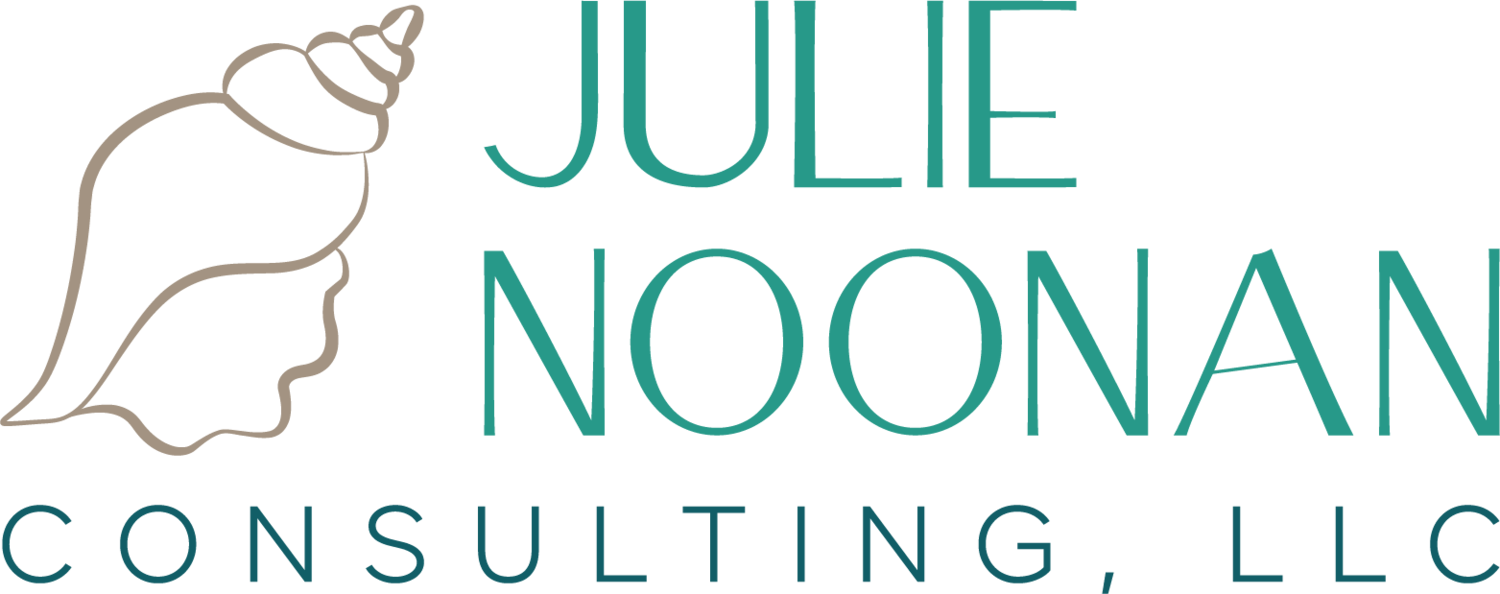Tacit Knowledge in a Hybrid World
I was recently on a call with an executive who mentioned that one of the things that he and his colleagues were concerned about was how to develop their successors when their successors don’t want to come back to the office.
His statement made me pause and wonder… what are we missing in that in-person informal discussion, questioning, debate, showing when we aren’t physically together?
A LOT.
Most of us are familiar with Explicit Knowledge - knowledge that can be verbalized, stored, accessed, and shared with others. This is the content of courseware, books, etc. We’ve figured out how to share this type of knowledge quite well digitally. COVID has taught us that virtual training can be as effective, or nearly so, as in-person training given the correct circumstances. In other words, the knower (the executive in this case) does not have to be present for this type of knowledge transfer to take place.
Implicit Knowledge- knowledge rooted in real-life situations or applications, on-the-job learning, and personal preferences - is difficult, but not impossible, to share. This knowledge is the result of many years of experience performing a specific task or skill – years in which the knower learned from trial-and-error, mistakes, triumphs, etc. the best way to accomplish a task. This knowledge is the most personal – if the knower has perfectionistic tendencies, their “best way” will be different than if the knower has a tendency toward “minimum viable” goal achievement. If a leader’s Implicit Knowledge is shared, it is usually shared in his/her feedback or coaching to the employee, not in a formal manual or in courseware. This knowledge too, however, can be shared via remote means. For instance, the leader may review an employee’s work document and call a meeting to make suggestions to the employee for next time.
Tacit Knowledge (knowledge, skills and abilities an individual gains through experience that is often difficult to put into words or otherwise communicate) is another thing entirely. It is all about intuition. It’s knowledge that the knower may not even know he/she has. It is gained through experience and then stored in the brain as an intuitive gut-reaction or just “how it’s done”. This is knowledge that a learner must “catch” during observation or discussion and question in order for the knower to realize it’s not a “given”. This kind of knowledge transfer is nearly impossible to accomplish in a virtual environment.
So, leaders concerned with how best to develop their employees in the virtual setting can accomplish much virtually. With proper thought and intentional planning, implicit and tacit knowledge can be managed on specific “in-office” days in which leaders intentionally share, explain, allow for observation and employee participation in critical activities and decision-making discussions.

